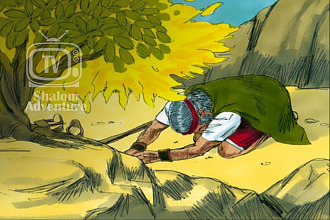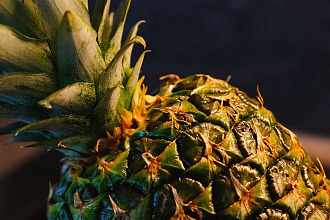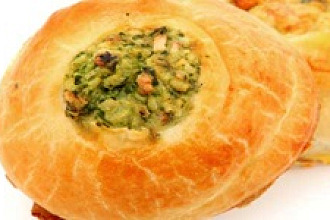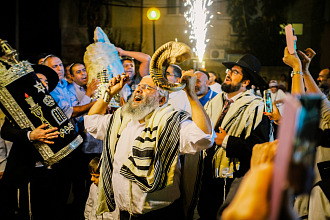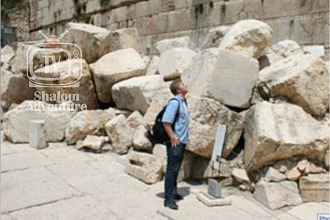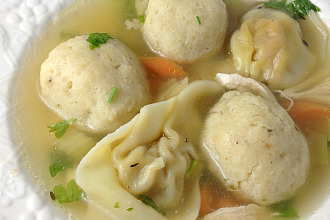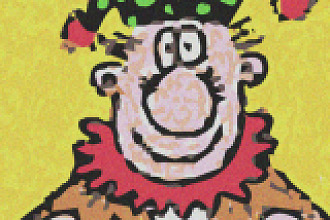Every year at our Passover seder we ask four new questions.
This year the questions will be prompted by the changes in our world, our fascination with the Arab spring and the courage necessary to take risks for change.
Passover is so powerful because it works on four different levels simultaneously. The first level is historical or Biblical: We came out of Egypt. The second is political: Every generation has its Egypt. The Hebrew word for Egypt literally means "Narrow place." olitics is about coming out of contemporary Egypts, narrow places. This year, "Egypt" is, literally, Egypt! And Libya. And Yemen. The third level is psychological: Each of us has a personal Egypt, a narrow place we struggle with. And finally, the spiritual level: What is the Promised Land we want to build with our lives?
The first question will focus on the Biblical story. We were slaves for 400 years. At what moment did liberation begin? Why did the Israelites wait so long? When did the change begin? Was it the moment the midwives first defied Pharaoh, understanding that there is a higher moral authority than governmental authority? Or was it when Moses was protected by a conspiracy of women -- his mother, his sister, the daughter of Pharaoh -- all working together to save a single life? Or was it the moment a person in power, the daughter of Pharaoh, reached across race, class and religion, to empathize with a person she had been taught was an enemy and see him instead as a child of God? Or was it when Moses developed a political consciousness and emerged as a leader? Or when the king died and, as Exodus says: "the people cried out to God and God remembered the covenant." After so many years of slavery, why did they choose that particular moment to cry out? Was it because the king's death made it clear that nothing lasts forever -- and that the way things are is not the way they have to be?
This first question leads right into the second: What can we learn from the Biblical story about the unbelievable changes taking place in North Africa and the Middle East? What was the tipping point? Why did enough people finally come to understand that the way things are is not the way they have to be and that change is actually possible? Where did they find the courage to take the extraordinary risks they did without knowing what the outcome would be?
The third question gets more personal. "In every generation each one of us is obligated to look upon ourselves as though we personally came out of Egypt." Each one of us is always coming out of our own narrow places. We'll ask: What is an example of a change I have experienced in my own life since last Passover and when did it begin?
The fourth question will come after dinner, at the moment we open the door for the prophets Elijah and Miriam, the door of hope for the future. We'll ask: "What are the kinds of changes I would like to see in the world between this Passover and next Passover? What is my Promised Land, and what do I have to do to make it happen? What gives me hope when times are tough and I don't know where the changes happening in the world will lead?
Something happened the end of our seder last year that gives me hope. Nina, an 80-year-old African American friend, was standing in the doorway waiting for Ethan, the 5-year-old son of two gay fathers, to come back up the stairs in the chair lift we have to help people who can't manage the stairs. (Kids love to play on it, even though it goes so slowly.) Nina was standing behind me, Ethan was looking up at us, and, pointing at Nina, he suddenly asked me: "Is she your mom?"
This five year old didn't see race; he didn't see difference. He only saw family.
I look at the world this year -- with all its uncertainty -- as to where the dramatic changes all around us might lead. I see the power of the Exodus story being acting out in the world, and I feel that I am part of the family of those who, like me, are struggling to come out of the narrow places in which they live. They are my family, and it gives me hope.
Originally from here
Posted on Shalom Adventure by: B Ellen Gurien
Picture originally from here






